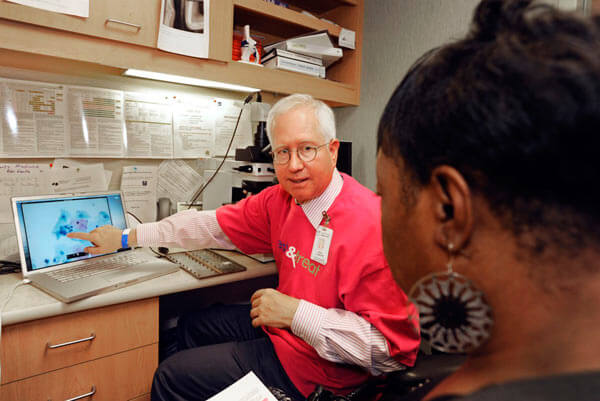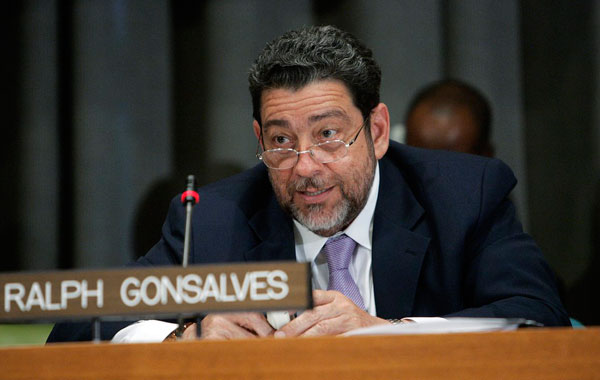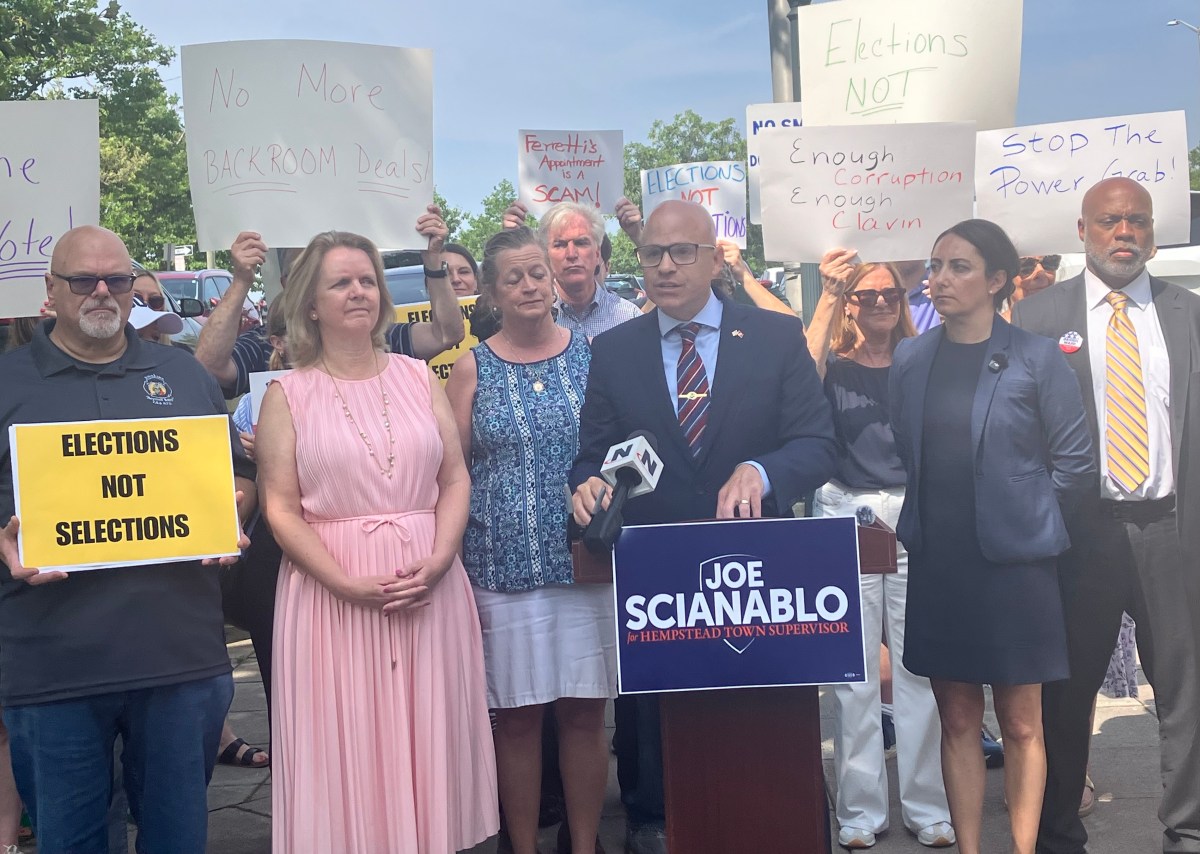If you could prevent cancer in yourself and your children, would you? Several cancers — including cervical cancer, the fifth most common cancer among women — are highly preventable. What these cancers have in common is their cause — the human papillomavirus, or HPV for short.
HPV is actually a group of more than 150 related viruses. HPV can infect cells all over the body, including the skin, mouth, throat, and anus, as well as the cells lining the genital area of men and women. HPV is typically spread through vaginal, anal, and oral sex. While some HPV types are more dangerous than others and not all cause cervical cancer, HPV is also responsible for other cancers in women and men.
But I promised that you could protect yourself and your children. The most effective way is by getting the HPV vaccine, recommended for both boys and girls at age 11 or 12, when the vaccine produces the strongest immune response. Up to age 14, only two doses of the vaccine are required, while between 15 and 26, three doses are needed. Does it work? The vaccine can prevent 90 percent of cervical cancers and is effective in preventing other types of cancer, too.
A second way women can prevent cervical cancer is the Pap screening test, which examines the cervix for pre-cancerous cells. If such cells are found, they are removed, thereby removing the cancer threat.
According to national guidelines, Pap tests should start at age 21, and women should be retested every three years until age 29. From age 30 to 65, women should have a Pap test combined with an HPV test every five years. (Some doctors prefer to continue with just the Pap test every three years.) Women who have received the HPV vaccine should follow the same guidelines.
Some women are at greater risk for cervical cancer, including those who smoke, are obese, have a family history of cervical cancer, don’t eat enough fruits and vegetables, have had certain sexually transmitted infections, or are immunocompromised. Women who have long used oral contraceptives or who were younger than 17 for their first full-term pregnancy are also at greater risk.
January is cervical cancer prevention month and also the time for setting goals for a healthier new year. For adult women, you can reduce your cancer risk by stopping smoking, losing weight, and eating more fruits and vegetables. And if you have a girl or boy aged 11 or older, you can help ensure a healthier life by getting her or him vaccinated for HPV as soon as possible. Make 2018 the year you prevented cancer!
About the author: Wendy Wilcox, MD, MPH, FACOG, is chairperson of Obstetrics/Gynecology at NYC Health + Hospitals/Kings County.


























